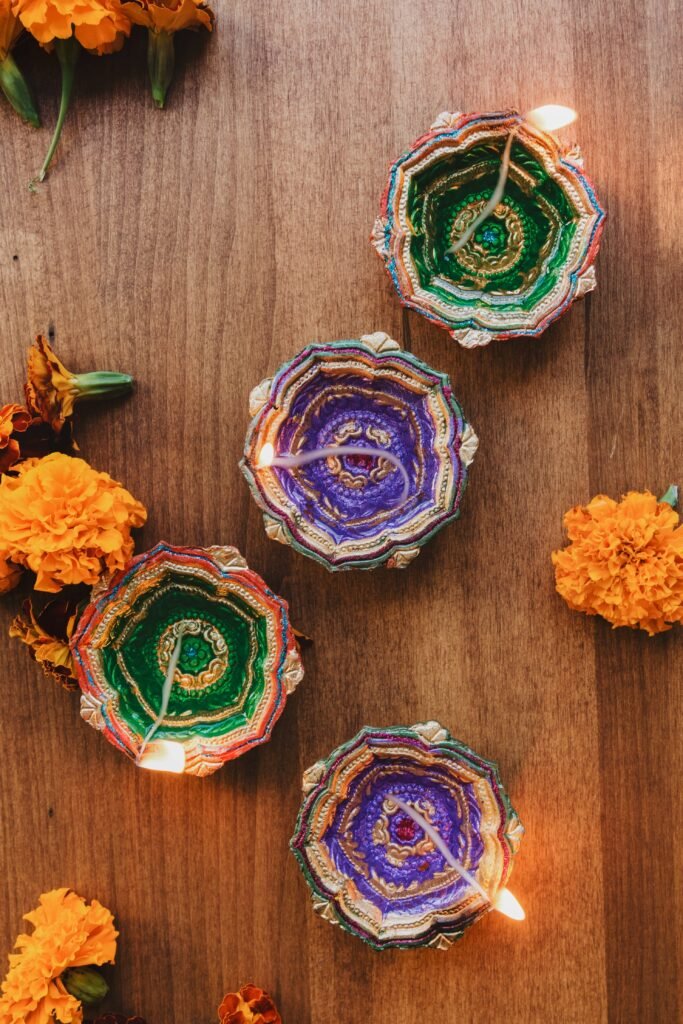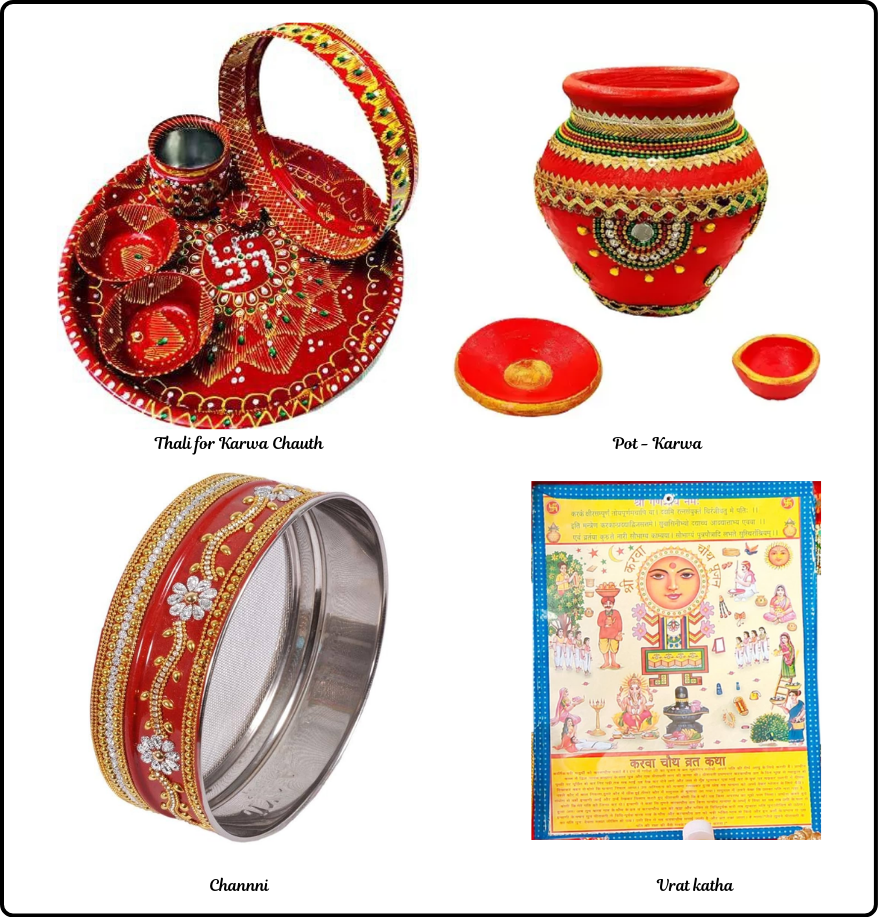Karwa Chauth: A Celebration of Love, Devotion, and Tradition
Karwa Chauth is more than just a festival—it’s a symbol of unwavering love, deep-rooted devotion, and the enduring bond between married couples in Hindu culture. Celebrated with great enthusiasm across India, this sacred day sees married women observing a day-long fast, praying for the long life and well-being of their husbands. From the early morning meal of Sargi to the evening pooja under the moon, every ritual holds profound significance, making Karwa Chauth a cherished tradition passed down through generations. This guide will walk you through the customs, rituals, and preparations that make this day truly special.
- Who Celebrates: Married Hindu women in India
- When: The fourth day after the full moon in Kartika (October/November)
- Why: To pray for their husbands’ long and healthy lives
Karwa Chauth is a heartfelt festival where married Hindu women fast from sunrise to moonrise. This tradition is deeply rooted in cultural stories, like that of Queen Veeravati, who is remembered for her devotion to her husband’s well-being. The festival is a beautiful way for women to show their love and commitment to their partners.

Celebration Process
- Morning Ritual:
- Women start their day early with “Sargi,” a special meal prepared by their mother-in-law.
- Fasting:
- They fast from sunrise to moonrise, reflecting their dedication and spiritual connection.
- Evening Rituals:
- As evening falls, women gather under the moonlight for a heartfelt pooja, using traditional items like the Karwa pot.
The day kicks off with Sargi, a meal meant to give women the strength to sustain their fast. The fast itself is more than just abstaining from food; it’s about spiritual and emotional commitment. When evening comes, women come together to perform the pooja under the moon, making the ritual feel both sacred and communal.
Rituals and Practices
- Early Hours:
- The day begins with Sargi, a meal of fruits, sweets, and nourishing foods. Some regions its a full day fast without Sargi.
- Daytime Activities:
- Women fast and engage in prayers, often sharing stories and reciting the Karwa Chauth Vrat Katha.
- Evening Rituals:
- The evening is dedicated to a special pooja, where women use the Karwa pot, diya, and other traditional items.
- Karwa (Earthen Pot): Central to the karwa chauth puja is the earthen pot ( made with clay with a kettle like opening), decorated with beautiful designs by coloring and covering its borders with decorating material. This pot symbolizes peace and prosperity as per hindu culture.
- Thali (Plate) Preparation: Each woman prepares a thali containing all necessary items required for Pooja like rice, roli (vermilion), sweets, and a small diya (lamp). These items hold specific meanings—roli for auspiciousness, rice for abundance, and sweets for joy.
- Chanting Prayers: Generally womens from all neighbourhood gathered in a circle, they chant prayers and listen to legends like that of Queen Veeravati.
- They conclude the fast by sighting the moon soon after doing evening special pooja
Sargi sets the tone for the day, providing both nourishment and a sense of purpose. Throughout the day, women uphold their fast with prayers and often gather to share experiences. As the moon rises, they celebrate with a special pooja, marking the end of their fast with joy and community spirit.
Necessary Items for Worship
- Karwa Pot:
- A clay pot filled with water, symbolizing prosperity and well-being.
- Sweets:
- Homemade treats like kheer and puris, representing the sweetness in marital life.
- Diyas (Oil Lamps):
- Lit to invite divine blessings and create a serene atmosphere.
- Thali (Plate):
- Holds everything needed for the pooja, including the Karwa pot and sweets.
- Additional Items:
- Fruits, bindis, and red thread, each symbolizing good fortune and marital success.

For Karwa Chauth, a few key items are needed to make the celebration complete. The Karwa pot is central to the pooja, symbolizing prosperity. Sweets and diyas play a significant role in creating a festive atmosphere. The thali holds everything necessary for the rituals, and additional items like fruits and bindis add to the spiritual significance of the day.



